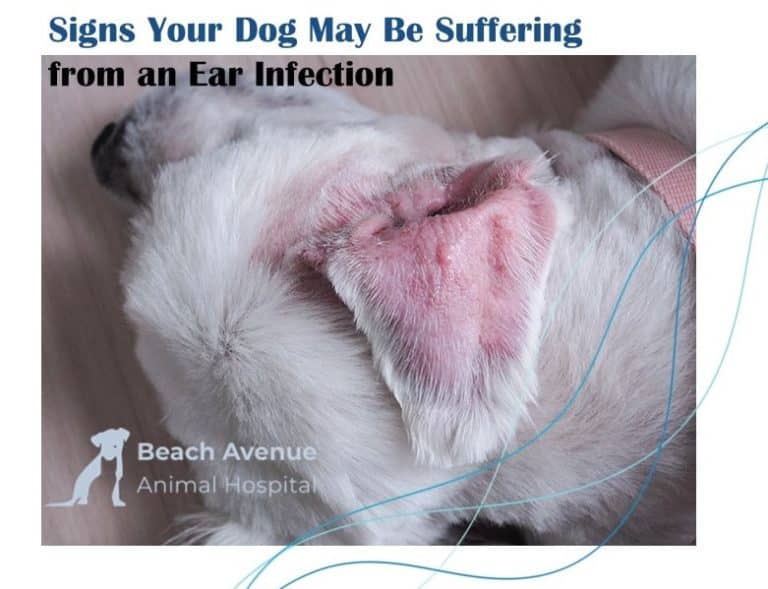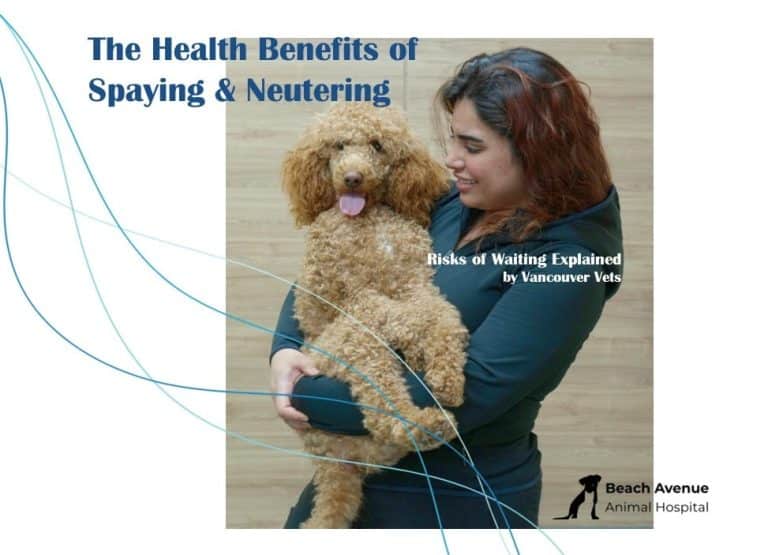As dogs age, their nutritional needs change. Senior pet food is specially formulated to provide the nutrients they need to maintain their health and quality of life. Regular pet wellness examination is essential to monitor their changing health needs and ensure they are receiving the right nutrition. Here are some key factors to consider when choosing a senior dog food.
Which pet foods are best for senior pets?
- Protein: High-quality protein is crucial for maintaining muscle mass and supporting the immune system. Look for foods with a good source of protein, such as chicken, beef, or fish.
- Fiber: Fiber can help regulate digestion and prevent constipation. Opt for foods with a moderate amount of fiber.
- Omega-3 Fatty Acids: These fatty acids can help support joint health and reduce inflammation. Look for foods that contain omega-3 fatty acids, such as salmon oil or flaxseed.
- Antioxidants: Antioxidants can help protect cells from damage and support a healthy immune system. Look for foods with antioxidants like vitamins C and E.
- Calorie Content: As pets age, they may become less active and need fewer calories to maintain a healthy weight. Choose a senior food with a calorie content appropriate for your pet’s activity level.
Additional Considerations:
Kidney Health: If your pet has kidney issues, choose a kidney-specific formula.
Joint Health: For pets with joint problems, look for foods with glucosamine and chondroitin.
Weight Management: If your pet is overweight or underweight, choose a food that helps them reach and maintain a healthy weight.
It’s always a good idea to consult with your veterinarian to determine the best senior food for your pet’s specific needs. They can provide personalized recommendations based on your pet’s age, health conditions, and lifestyle.











